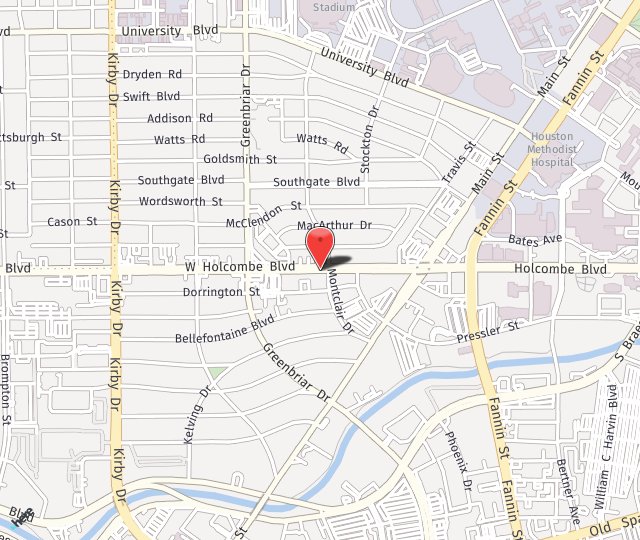The jaw joint which holds your lower jaw in place is suspended beneath your skull by an intricate system of muscles and tendons. Also known as the temporomandibular joints (TMJ), these joints are some of the most complex in the body. The jaw joint, surrounding muscles, and the fit of your teeth are closely interrelated, each affecting the other as you make every day jaw movements such speaking and chewing.
The way your teeth fit together is called occlusion. When your teeth are not in proper relation to each other and to your jaw joints, the jaw automatically shifts to a new position in an attempt to compensate for the misalignment of your teeth known as malocclusion.
TMJ disorder can affect blood vessels, nerves and muscles, causing severe headache or ear pain. Now also imagine what can happen to the rest of the body. If the jaw is out of alignment, other skeletal structures (such as the neck and spine) can become involved, which can result in other joints, nerves, muscles and blood vessels being affected. As nature tries to compensate for one difficulty, others are likely to arise.
Structural stress from a misaligned TMJ is the worst kind of physical stress because there is no way the body can find relief for it. An injured limb can be rested, but it is impossible to leave the TMJ inactive. Without realizing it, we swallow hundreds of times a day, and at night we may clench or grind our teeth. Every time those teeth meet in incorrect occlusion, there is stress. To compensate for it, the jaw muscles begin to hold a tense unnatural position; and before long, the tension travels by chain reaction throughout the body.
Diagnosing the Problem
Before prescribing the proper TMJ treatment for your particular problem, a variety of diagnostic procedures may be necessary. A detailed head and neck physical examination is usually necessary and is so detailed as to require one or more hours time. Sophisticated radiographs may be taken of your jaw joints. These radiographs are used as a means of detecting disease and position of the jaw joint. A medical, and head and neck history is also carefully reviewed. Other electronic, computer aided studies may also be used such as sonography and EMG recording.
Snoring and sleep apnea are potentially related to jaw imbalances and need to be evaluated by both physicians and dentists specially trained in this area.
Contact neuromuscular dentist Dr. Ronald Konig for a TMJ consultation today by calling 713-668-2289 . We are pleased to serve patients in Katy, The Woodlands, Sugar Land and other communities in the Houston area.

